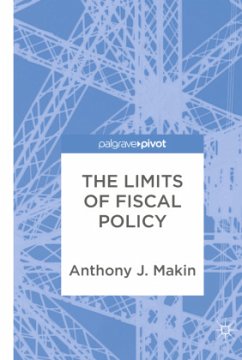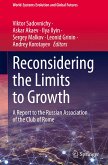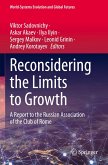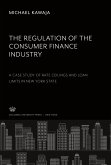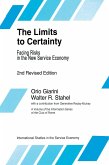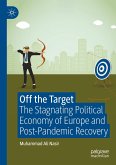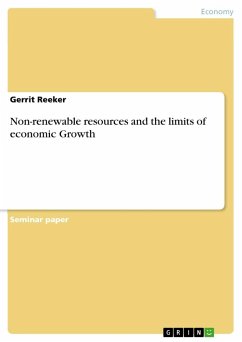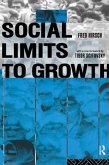This book presents alternative macroeconomic perspectives, primarily open economy, on the limitations of discretionary fiscal policy, with a focus on government spending. Following an overview on the post-crisis Keynesian revival and of the macro-foundations needed for subsequent analysis, different perspectives are expounded that highlight the failings of fiscal activism. These perspectives include extended loanable funds analysis, an expenditure-output related model incorporating money and exchange rates, and a dependent economy framework. The approaches are used to examine investment and net export crowding out effects and their implications for national income, and are then adapted to show the macroeconomic impact of different fiscal consolidation measures, revealing that the nature of fiscal repair is critical. A concluding chapter evaluates the nexus between budgetary policy and confidence, summarises the key failings of fiscal activism, and suggests fiscal policy goals.
The book will appeal to university lecturers and researchers in macroeconomics and economists working in government and the private sector.
The book will appeal to university lecturers and researchers in macroeconomics and economists working in government and the private sector.

